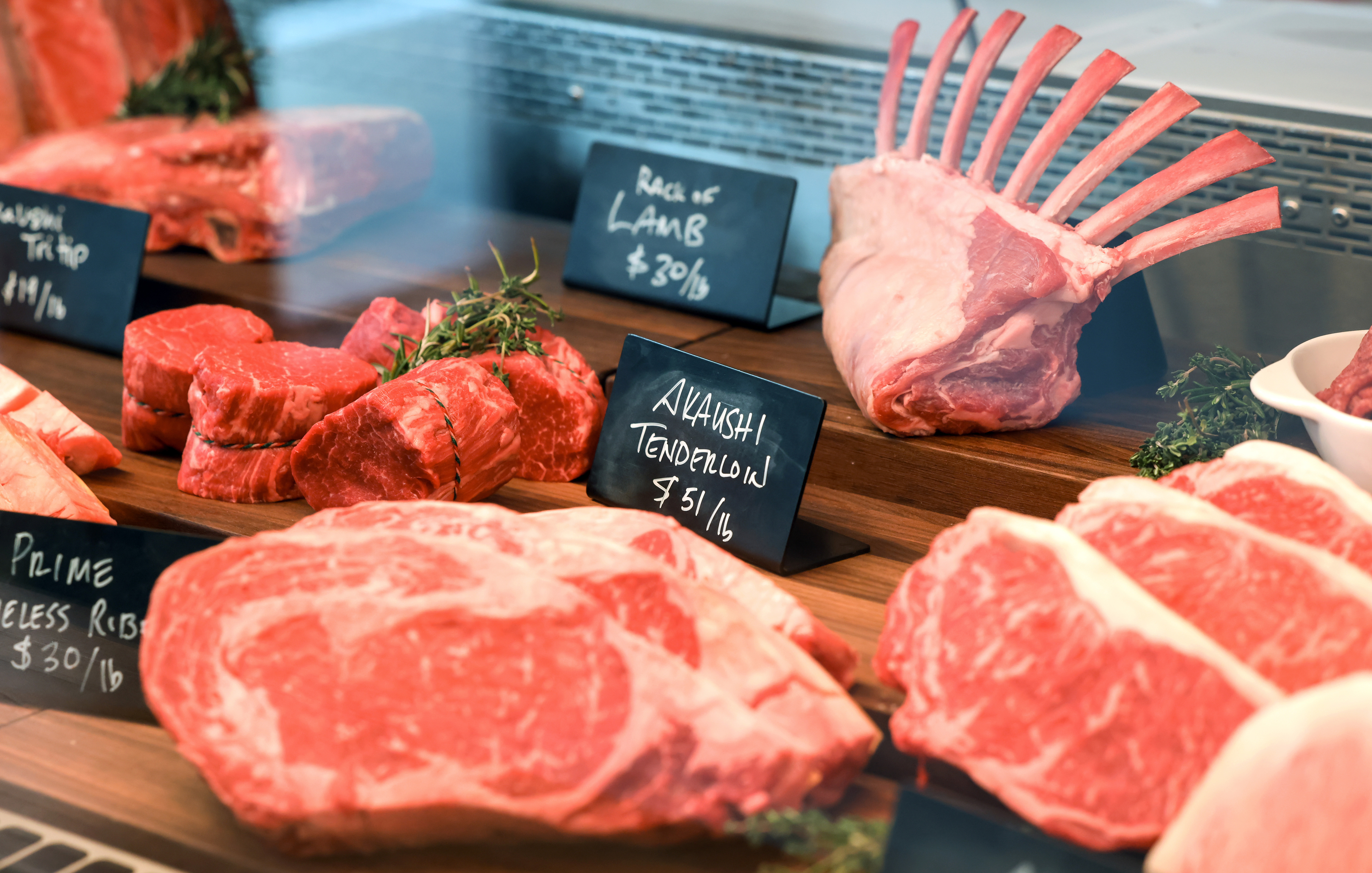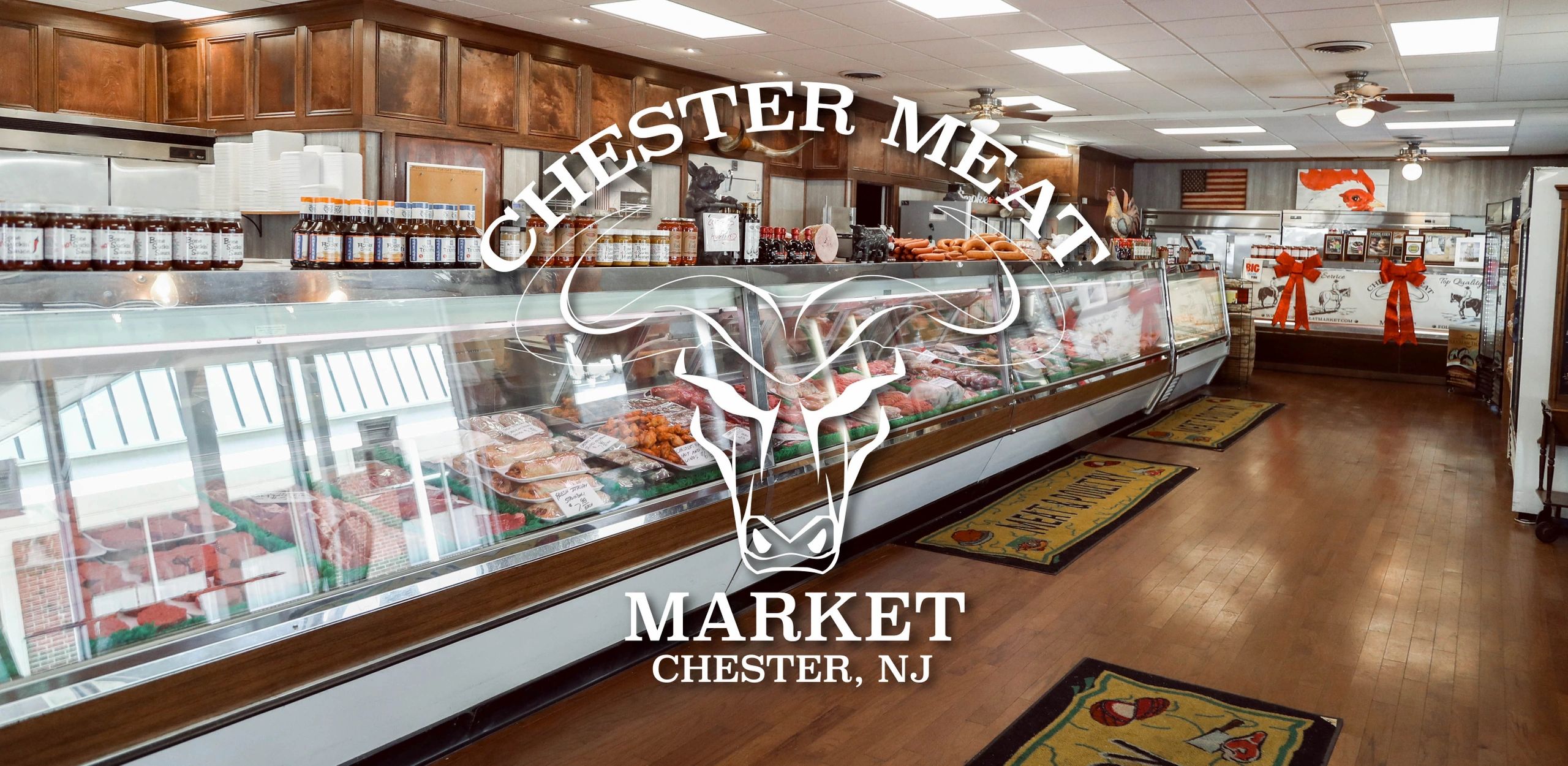Why Purchasing at a Neighborhood Meat Market Guarantees Fresh, High-Quality Cuts
Purchasing at a local meat market provides unique benefits that usually go undetected by consumers accustomed to larger retail chains. The effects of picking local prolong beyond instant advantages, prompting a closer examination of what this choice truly means for both consumers and the regional economy.
Benefits of Regional Sourcing
In the realm of food purchase, the benefits of local sourcing stand apart prominently. By acquiring meat from regional markets, consumers gain direct access to items that are usually fresher and more flavorful than those discovered in bigger, industrial grocery stores. Neighborhood sourcing reduces the moment and range food takes a trip from ranch to table, which not only boosts preference but also maintains nutritional value.

Furthermore, neighborhood sourcing typically gives transparency regarding the beginnings of the meat. Consumers can ask about the farming techniques used, pet well-being requirements, and whether the meat is grass-fed or natural. This details encourages customers to make informed choices lined up with their worths.
Top Quality Control Standards
Neighborhood meat markets typically follow extensive quality control standards that make sure the products provided meet high security and quality criteria. These requirements commonly encompass different phases of the meat manufacturing procedure, from sourcing to managing and storage space.
First, neighborhood markets typically establish stringent provider standards, guaranteeing that just trusted ranches and manufacturers are utilized - bagley meat market edwardsville il. This reduces the possibility of contamination and advertises higher pet well-being requirements. Additionally, several regional meat markets carry out regular examinations to confirm that the meat is refined under hygienic problems, additionally minimizing wellness dangers
Temperature control is one more essential aspect of quality assurance. Local meat markets regularly check refrigeration systems to maintain optimum storage temperatures, ensuring that meat stays fresh and risk-free for usage. Furthermore, the execution of traceability systems enables markets to track the beginning of their items, providing transparency and liability.
Finally, staff at local meat markets are typically trained to recognize signs of putridity and comprehend correct handling techniques. This commitment to quality assurance not only raises the overall requirement of the meat yet also promotes customer trust fund, making neighborhood meat markets a reliable resource for top quality cuts.
Supporting Local Farmers
Sustaining regional farmers is vital for cultivating a lasting food system and boosting neighborhood resilience. They directly contribute to the resources of farmers in their region when customers pick to go shopping at regional meat markets. This not just supports the neighborhood economy but additionally reinforces the farming market, guaranteeing that it stays feasible and vivid.


Additionally, supporting neighborhood farmers promotes a sense of area and link between consumers and producers. It encourages transparency in food sourcing and instills trust, as clients can create connections with the people who raise their food. This direct link inevitably leads to a much more engaged and informed public, which is vital for advocating for lasting farming methods in the future.
Lasting Practices
Sustainable methods in meat markets play a vital duty in promoting environmental stewardship and guaranteeing animal welfare. Local meat markets usually prioritize sourcing their products from ranches that execute ethical and sustainable farming techniques. These techniques consist of rotational grazing, which aids maintain dirt health and wellness and reduces carbon exhausts, along with reducing visit their website the use of anti-biotics and hormones in animals.
Furthermore, regional meat markets normally stress openness in their supply chains. Clients are offered with info regarding the origin of their meat, allowing them to make enlightened choices that line up with their worths. By supporting regional farmers who practice lasting methods, customers add to the preservation of biodiversity and the decrease of transport exhausts connected with long-distance meat distribution.
In addition, lots of regional meat markets involve in waste reduction techniques, such as utilizing every component of the animal and promoting off-cuts that could or else go unsold. By cultivating a much more lasting strategy to meat consumption, these markets not just provide high-quality items however additionally contribute positively to the setting and pet welfare. Fundamentally, buying at a neighborhood meat market straightens consumers with a more comprehensive motion in the direction of honest and accountable food sourcing.
Personalized Client Service
Purchasing at a meat market commonly encompasses even more than just the items supplied; it is likewise concerning the experience and the relationships constructed in between clients and personnel. Personalized client service is a hallmark of regional meat markets, establishing them in addition to larger grocery store chains. Well-informed personnel take the time to understand private client choices, making sure that each visit is tailored to particular requirements.
Customers benefit from skilled recommendations on cuts, food preparation methods, and preparation tips, cultivating a sense of trust and commitment. This personalized interaction allows clients to ask questions and look for suggestions, resulting in informed purchasing decisions. Personnel frequently keep in mind regular consumers and their preferences, developing an inviting environment that cultivates community connections.
In addition, individualized service extends to special requests, such as custom cuts or particular prep work techniques, which bigger sellers might not suit. This level of focus enhances the dedication of neighborhood meat markets to quality and consumer complete satisfaction.
Basically, individualized customer care not only enhances the purchasing experience yet likewise guarantees that clients entrust the finest items suited to their cooking requirements, making every see a gratifying one.
Final Thought
Finally, buying at a neighborhood meat imp source market supplies numerous advantages, consisting of content remarkable freshness and top quality because of reduced traveling times. Stringent quality assurance steps improve openness and make certain high standards for products. Sustaining regional farmers fosters neighborhood relationships and strengthens the neighborhood economic climate, while lasting practices add to ecological stewardship. Furthermore, personalized client service improves the shopping experience, making regional meat markets a favored choice for consumers looking for both high quality and honest considerations in their food sourcing.
The effects of picking regional expand past instant advantages, triggering a better exam of what this option truly indicates for both consumers and the regional economic climate.
Supporting local meat markets additionally adds to the local economy. Local meat markets regularly check refrigeration systems to keep optimum storage space temperatures, guaranteeing that meat stays fresh and risk-free for intake.Neighborhood farmers are typically extra attuned to the details requirements of their communities, expanding plants and increasing livestock that straighten with local tastes and preferences. Supporting neighborhood farmers cultivates community relationships and reinforces the neighborhood economic climate, while lasting practices add to ecological stewardship.